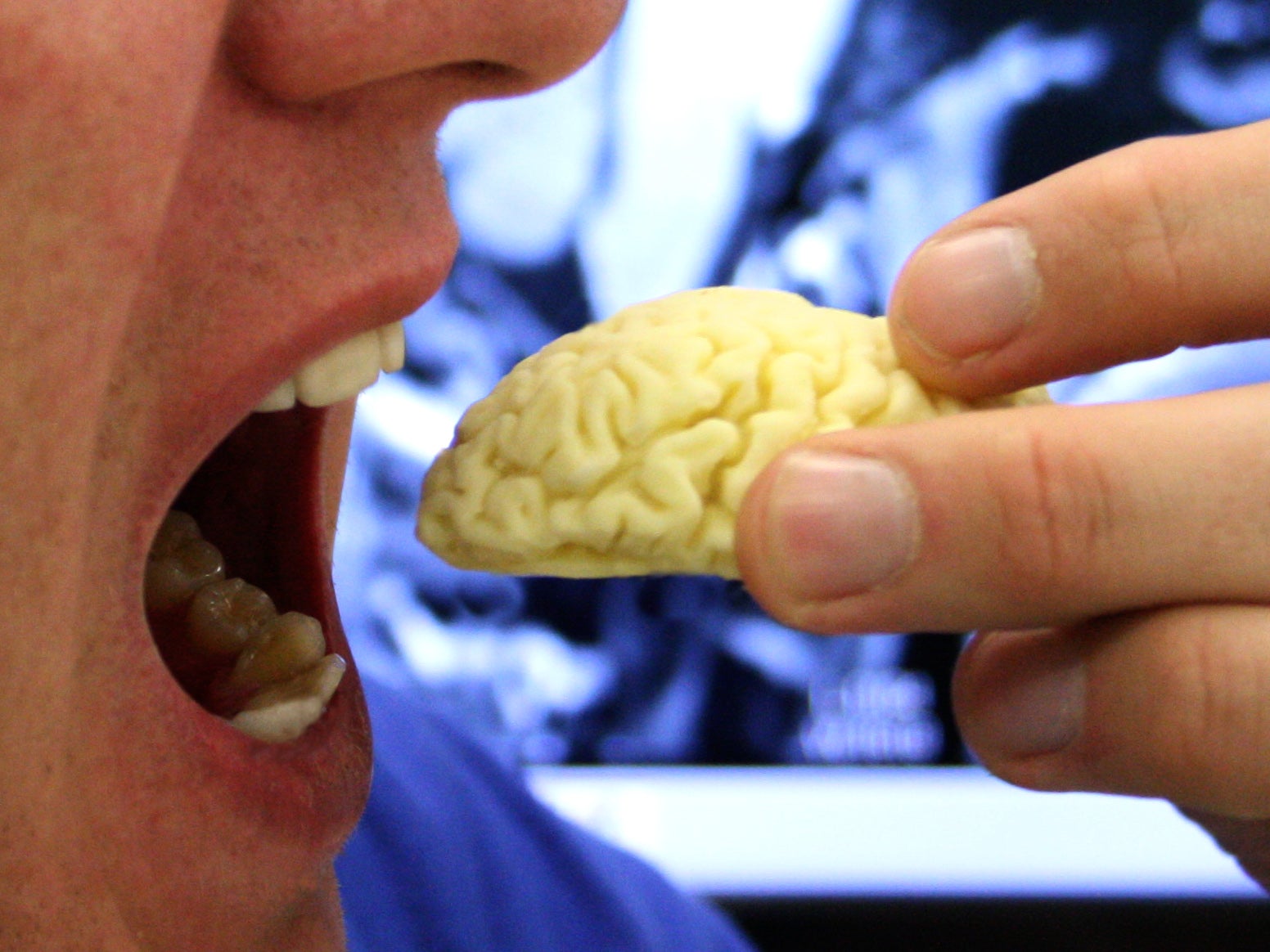Unravelling Data Dredging: Empowering Critical Analysis in Research
In the realm of data-driven decision-making and scientific research, data dredging, also known as data fishing, data snooping or p-hacking, is an extraordinary phenomenon that demands attention. This article delves into the intricacies of data dredging, explores its implications on research integrity, and empowers readers with tools to distinguish between robust findings and statistical noise. By understanding this phenomenon, we can embrace a more informed and discerning approach to interpreting data and conducting meaningful research.
Decoding Data Dredging
Data dredging refers to the practice of sifting through large datasets or conducting multiple statistical tests until a statistically significant result is found, without pre-defined hypotheses. Researchers, unintentionally or intentionally, may seek out patterns that may be the result of random chance, leading to erroneous conclusions. This undermines the validity and reliability of research outcomes.
The Pervasive Nature of Data Dredging
Data dredging is more common than one might think. In academia, researchers may explore numerous variables or perform various analyses until they discover a statistically significant association, inadvertently amplifying the risk of Type I errors (false positives). In the business world, marketers may comb through data to find spurious correlations, resulting in misguided strategies. It is vital to identify and combat this pervasive practice.
The Perils of False Discoveries
Data dredging can lead to false discoveries being published and propagated, ultimately leading to misguided policies or decisions. For instance, a pharmaceutical company may selectively highlight positive trial results while overlooking adverse effects, leading to potentially unsafe medications. By critically evaluating research methodologies and statistical analyses, we can avoid being misled by false claims.
Real-Life Examples of Data Dredging
A well-known example is the "p-hacking" of a study linking chocolate consumption to improved cognitive function. Researchers analysed various cognitive tests until they found a single significant result, overlooking the numerous non-significant findings. In another instance, a study erroneously linked vaccines to autism due to biassed data analysis. Such examples underscore the importance of scrutinising research methodologies.
Navigating the Waters of Data Integrity
Empowering Critical Analysis
As consumers of information, we must cultivate critical thinking skills and demand research transparency. By cross-referencing findings, checking for replication studies, and evaluating sample sizes, we can discern between solid evidence and misleading claims.
Ethical Responsibility of Researchers

Data dredging is an extraordinary phenomenon that challenges the integrity of research and the credibility of findings. By understanding the risks and implications of data dredging, we can empower ourselves to become discerning consumers of information, making informed decisions and shaping evidence-based policies. By prioritising research transparency, critical analysis, and ethical conduct, we navigate the waters of data integrity with confidence and champion a culture of evidence-based knowledge. Let us embrace a more discerning approach to research, inspiring a future of data-driven decision-making built on a foundation of integrity and accuracy.
✨✨🙏✨✨
Learn more:







